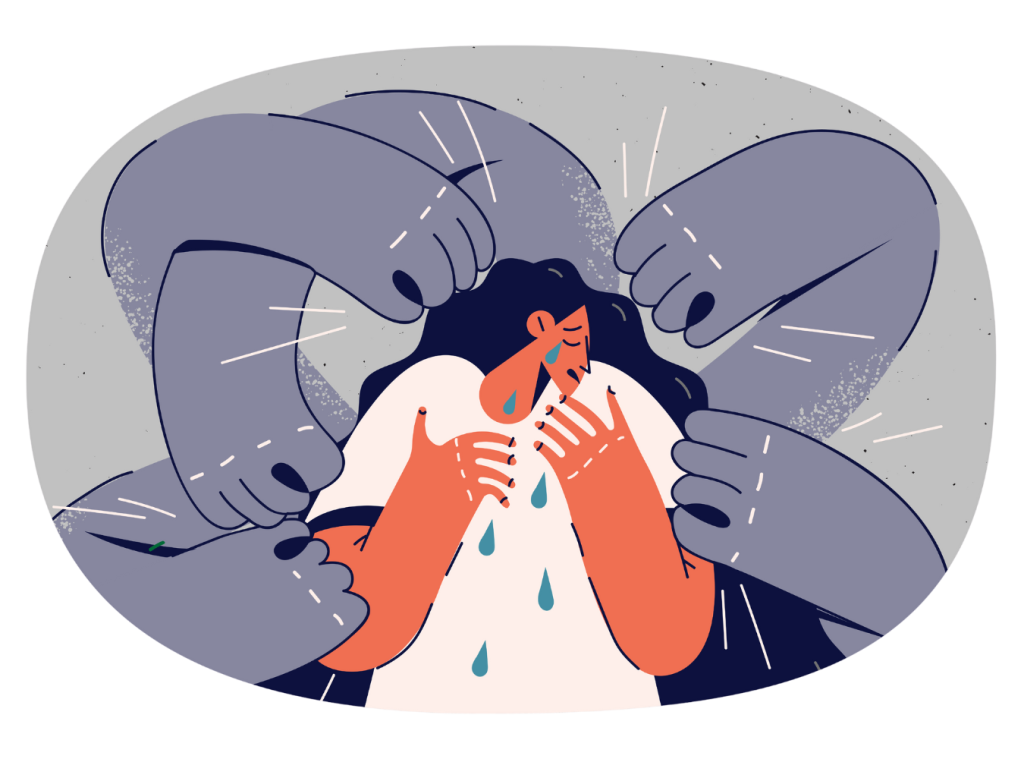
What is Reproductive Coercion and Abuse?
Reproductive Coercion and Abuse (RCA) involves behaviours aimed at controlling the reproductive choices and outcomes of a person who can become pregnant1. It can be pregnancy promoting (pressure or force to become or stay pregnant) or pregnancy preventing (pressure or force to prevent or end pregnancy). Intimate partners, family members, carers, health providers, and others can use RCA.
Around 1 in 7 people seeking pregnancy options counselling in Australia report experiencing RCA. It is significantly more common among people who are experiencing other forms of domestic and family violence.
People experiencing Reproductive Coercion and Abuse may have their health records monitored, access to money or health care restricted, use of contraception sabotaged, or may be experiencing financial, emotional, technological, physical and/or sexual violence. When considering contraceptive options, they might prefer to use methods that are less detectable/ easier to hide or that are harder for someone to tamper with.
RCA includes
Pressure to become pregnant
- Hiding, removing or throwing away contraception.
- Physically (forcibly) removing contraception from someone’s body.
- Saying things like, “if you don’t have a baby, I will leave you”.
Controlling someone’s decision or ability to CONTINUE or END a pregnancy
- Threatening to leave a relationship, harm someone or withdraw support if they don’t choose a certain pregnancy outcome.
- Stopping or delaying someone from getting an abortion or other health care.
- Using physical violence to control someone’s decision or to try and end a pregnancy.
- Saying things like, “You can’t take care of a baby” or “You can’t live here if you have a baby”.
Forced use of contraception or sterilisation
Saying things like, “if you don’t go on the pill you can’t live here anymore”, or “if you don’t get the implant I won’t support you anymore”.
For health and social sector professionals:
If you suspect someone is experiencing Reproductive Coercion and Abuse:
- Consider referring them to or consulting with a specialist domestic violence service (find the nearest service at www.1800respect.org.au/service-support/).
- Make sure they leave you with a plan for further support and follow up.
Questions you can ask to understand if someone might be experiencing RCA
- Do you usually have control over if, when, and how you have sex?
- Do you feel controlled and/or unsafe in your relationship with your partner, family member or carer?
- Is a partner, family member or someone else pressuring, threatening, tricking, or forcing you into getting pregnant/ ending a pregnancy/ staying pregnant when you don’t want to?
- Is a partner, family member or someone else preventing you from using contraception or interfering with your contraception or contraceptive choices?
Safety considerations
- Is the person likely to have their Medicare or prescription records, access to health professionals, and/or periods monitored or restricted?
- Is someone actively searching for contraceptive drugs or devices?
Practical considerations
- Do you need to resolve the issue for the person in a single contact – can they return for follow up?
- Refer to a pharmacist/ service known to dispense/refer to/be supportive of contraception or abortion.
- Does violence and control impact the person’s daily routine or ability to talk honestly with you?
- Will the person benefit from access to an advanced supply of emergency contraception?
- Is it possible that a partner or family member might be incorrectly translating to maintain control over the person’s contraceptive or pregnancy choices/ outcomes?
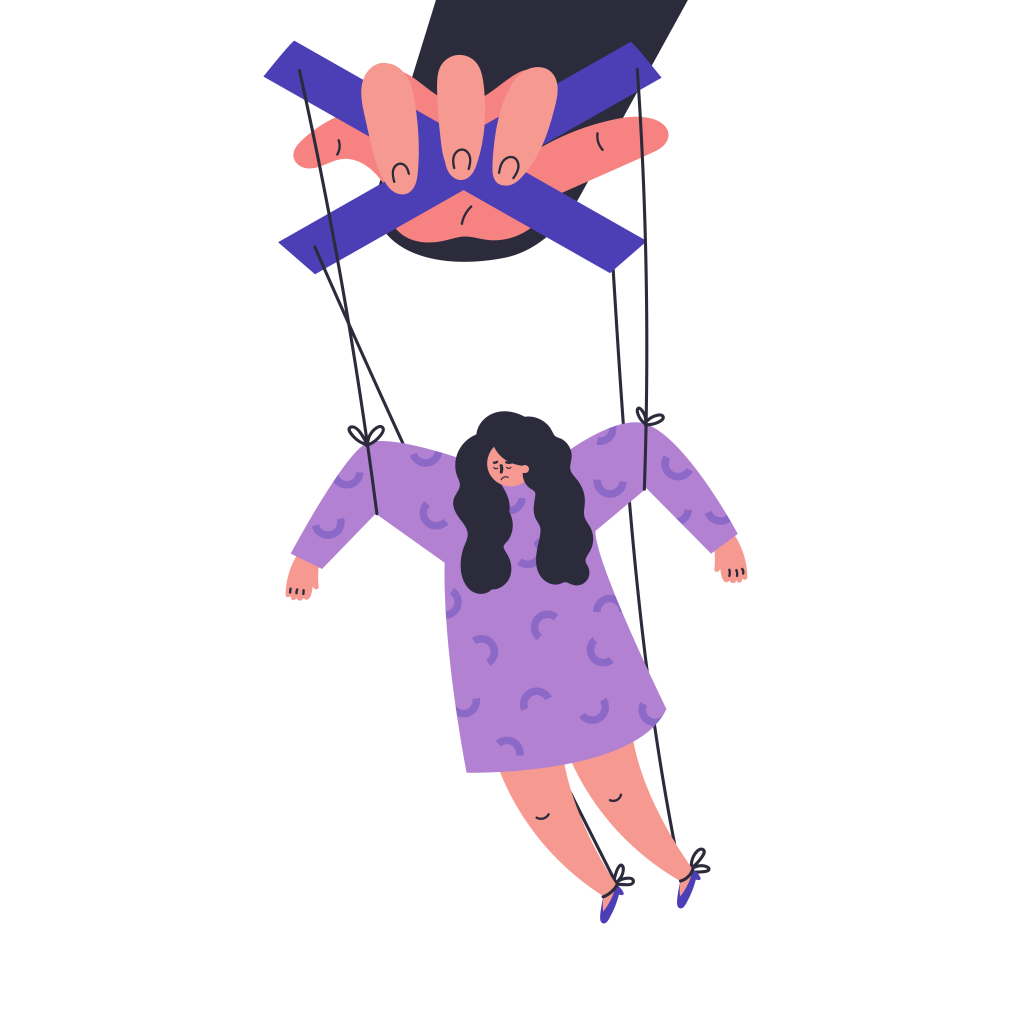
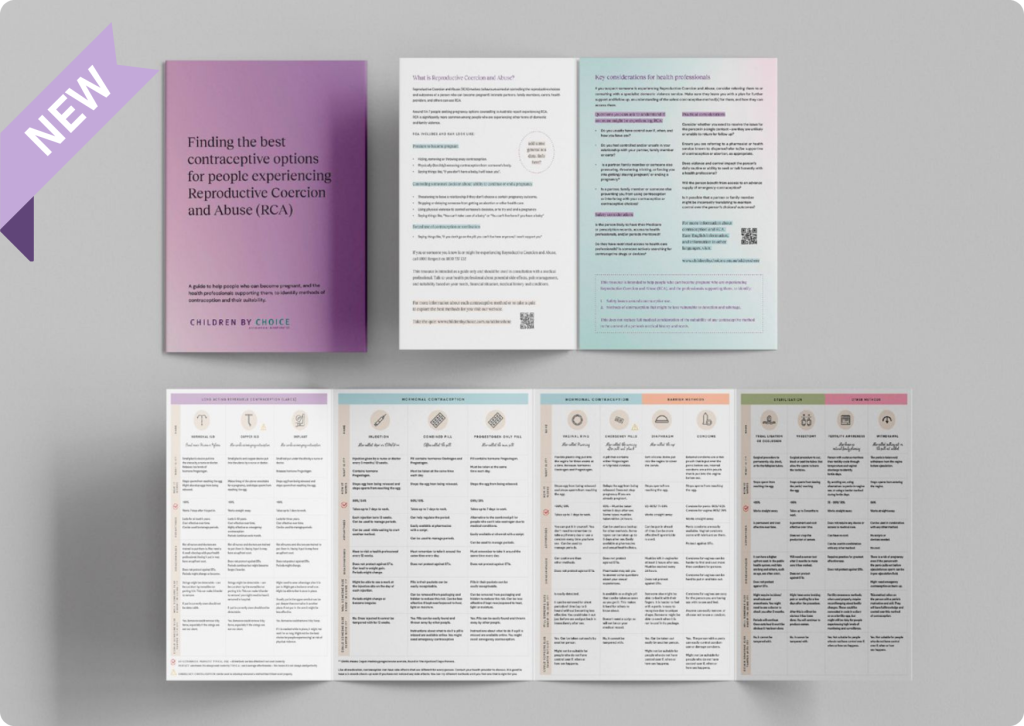
Download our NEW contraceptive and RCA resource here! Developed with health professionals and domestic and family violence specialists for health professionals.
How to Support a Friend or Family Member Who Has or Is Experiencing Reproductive Coercion and Abuse
If someone is experiencing these, you can think of them as ‘red flags’ – they are experiencing Reproductive Coercion and Abuse.
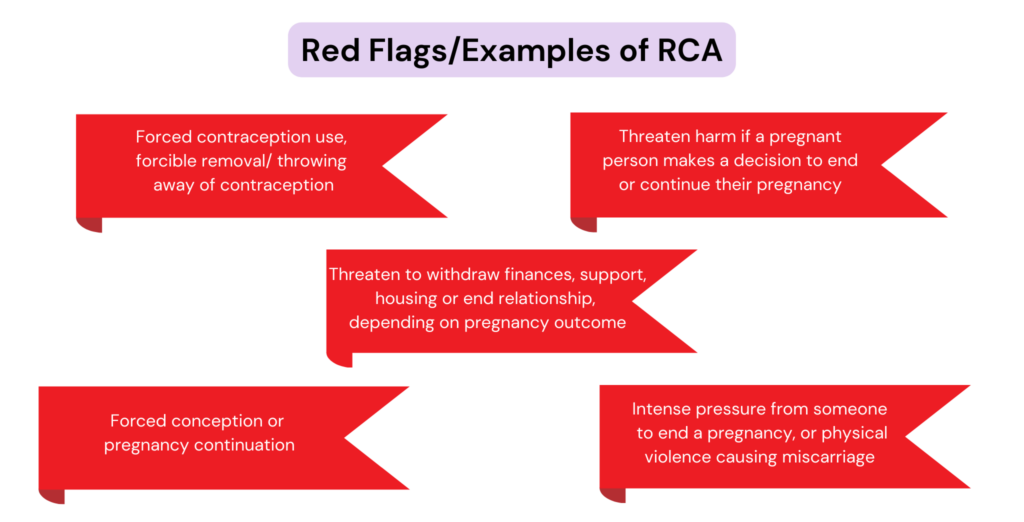
Other signs that someone might be experiencing RCA:
- They don’t usually have control over if, when and how they have sex – they’re experiencing sexual coercion or violence.
- They feel generally controlled or unsafe in their relationship with a partner, family member or carer.
- They feel like they are being pressured or forced to become pregnant, end a pregnancy, or stay pregnant.
- They worry that someone is monitoring their Medicare, prescription or Myhealth records.
- They feel like they can’t talk honestly with you about what they’re experiencing.
- They don’t have access to money or transport, and other people control what they can buy and where they can go.
- Do they require a translator when accessing health care? Is it possible that translator could be using their limited knowledge of English to give them false information, or coerce them into a certain outcome?
- They are experiencing domestic and family violence or sexual assault.
If you suspect someone is experiencing Reproductive Coercion and Abuse:
Before you raise or delve into the topic, consider: is this the right time to have this conversation? Is it safe?
Sometimes, the safest thing you can do is just to let someone know that you’re there to support them if they ever want to talk.
People often don’t recognise reproductive and contraceptive pressure as a form of coercion, so you can ‘plant a seed’. You might feel it’s safe to let them know that what they’re experiencing may be a form of coercion or violence.
It is important to:
- Listen without judgment,
- Ask how you can help – they might need practical or emotional support.
- Let them know you believe them and are there to support them.
- Let them know that what they’re experiencing is not their fault and that they are not the only ones experiencing this.
- Support them to call 1800 Respect on 1800 737 732. They might like you to be there with them or make the call for them.
Connect them to information and support services:
- Help them to find their nearest specialist domestic violence service at www.1800respect.org.au/service-support/
- Read through some of the textversations/examples with them to see if they connect with any of the examples – you can find them HERE.
- Send them the link to this page so they can read more about RCA.
- If they are pregnant, they can contact non-directive/pro-choice pregnancy options counselling service for support. You can find your state/territory service here
Make sure they leave the conversation knowing you are there to support them, and with the phone number for 1800 RESPECT.
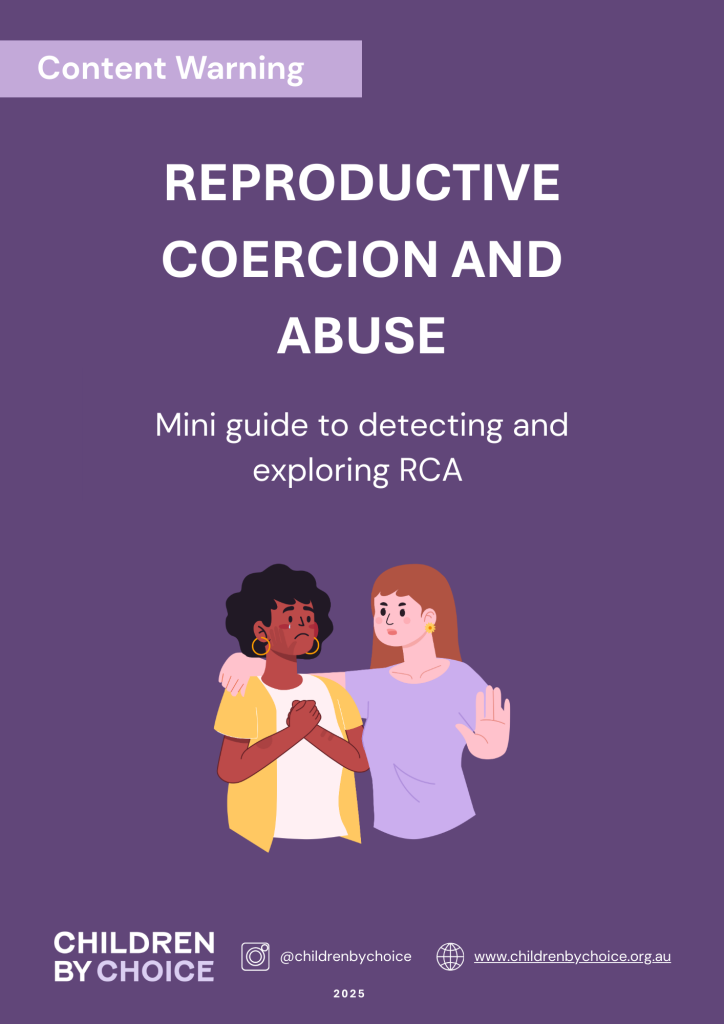
Click download to get a copy of the above information in a digital document
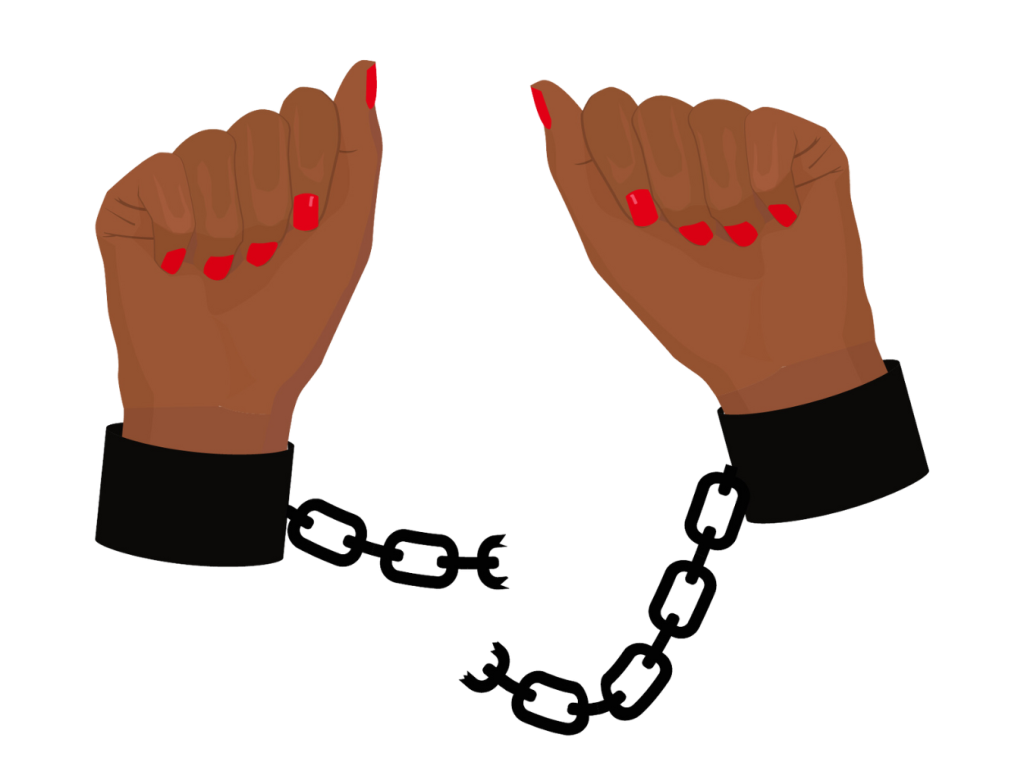
For downloadable resources and research
Take a quiz to find out what contraceptive method suits you the best!
For research & references on reproductive coercion and abuse (RCA)
